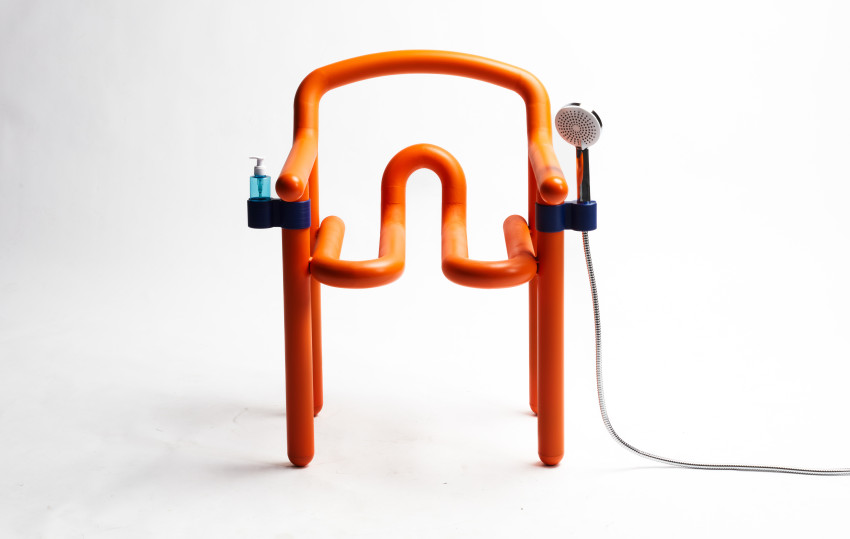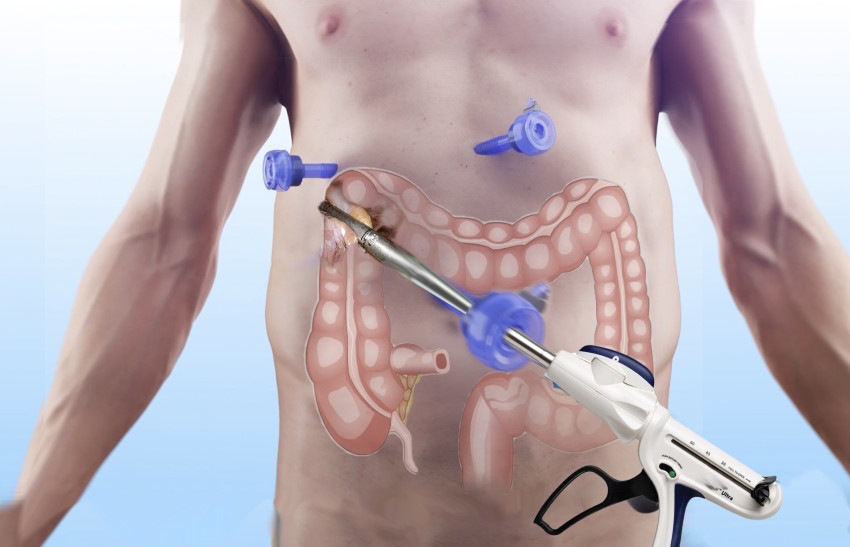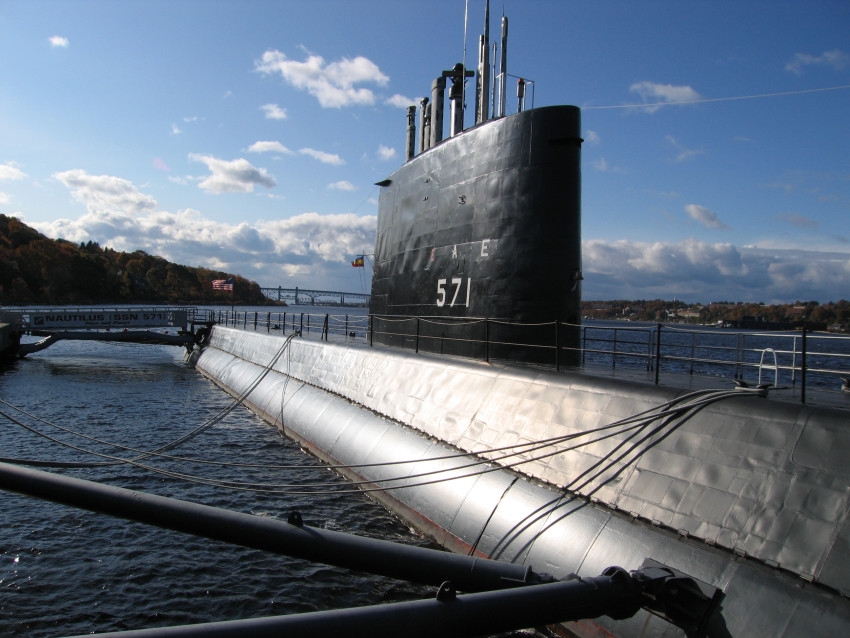
Four additional hydrogen stations in the Netherlands
Oil and gas concern Shell is to expand a number of its petrol stations to include hydrogen refuelling units. This means that cars in Amsterdam, The Hague and Pesse (Drenthe) will be able to refuel using hydrogen.
The four refuelling units double the number of petrol stations that provide hydrogen in the Netherlands. There are currently three, in Rhoon, Helmond and Delfzijl. The four Shell stations are set to start operating by 2020 at the latest.
READY IN JUST FIVE MINUTES
Hydrogen-powered cars can refill their tank in just five minutes and then drive hundreds of kilometres, which gives them a serious advantage over that other form of renewable transport, electric. Charging an electric car takes much longer and the range of the vehicle is limited. Although fast-charging stations have recently been built to charge electric cars in a few minutes, there are as yet no cars suited to these stations.
In theory, hydrogen can be pumped using the same system as petrol pumps, which makes it much easier for a company like Shell that has many petrol stations in the Netherlands. 'You need a location to safely store the hydrogen, and possibly a grid connection if the hydrogen is produced on-site,' explains spokesperson Tim Kezer. As with petrol, hydrogen can be supplied by tankers and stored in a unit the size of a shipping container.
LOTS OF SUBSIDIES
Shell is an oil and gas concern and the sale of fossil fuels is a major part of its business model. But the company also wants to play a role in transitioning the energy system in the Netherlands, according to the press release from Shell about the hydrogen stations. However, the company won't be digging too deep into its own pockets: construction of the stations is jointly financed by the European Union. In total, the entire project – H2Benelux (eight stations in the Benelux, four of which in the Netherlands) – will receive 7.2 million euros, with Shell getting part of that for its Dutch stations. Shell will also receive another 1 million from the Dutch government for each station in the Netherlands.
The oil concern itself was not willing to issue a statement about the total costs of a hydrogen station, but estimates indicate an amount of between 1.5 and 3 million euros per station. This would mean that a significant portion of this project is government-funded.
GERMANY IS MORE ADVANCED
According to the waterstofwerkt website, there are plans for at least eleven new hydrogen stations in the Netherlands. In Germany, the plans are on an altogether larger scale: 400 stations are set to be constructed by 2023, 230 of which belonging to Shell (read also 'Green hydrogen production in Mainz'). Here too, Shell will be receiving government funding to cover the costs of these stations.
If you found this article interesting, subscribe for free to our weekly newsletter!






